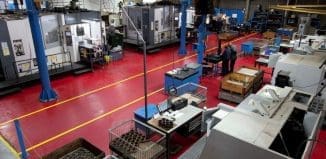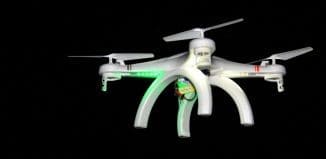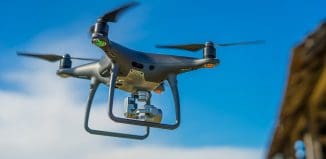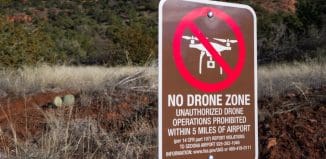Components of ISIS IEDs Found To Be Made In US
This post is also available in:  עברית (Hebrew)
עברית (Hebrew)
A crucial component ISIS uses to control its roadside bombs is made by American companies, a new report reveals.
Conflict Armament Research (CAR) spent 20 months uncovering the secrets of how ISIS makes its bombs by combing through ‘ingredients’ found after the group had been beaten back by Iraqi or Kurdish forces.
The report names dozens of companies as the unwitting sources for the deadly weapons – among them Microsoft, whose Nokia mobile phones are used to set off explosions.
Many of the companies involved helped CAR track what had happened to the items they manufactured or supplied to third parties, to help piece together the picture of how ISIS brings death to civilians and enemy forces in Iraq and Syria.
IEDs have become one of the key weapons of modern ‘asymmetric’ warfare, with terror groups using them to maim and kill both civilians and enemy forces.
Among the devices studied by CAR were some found in Kobane, the town on the border between Syria and Turkey which became a symbol of the defiance of ISIS by Kurdish forces. Devices and components were found in parts of Iraq which have seen a series of clashes between ISIS and either government forces – now backed by allied airstrikes and American and British military advisers – or Kurdish Peshmerga militias.
CAR found that 700 components made by 51 companies from 20 countries around the world had found their way into the terrorists’ homemade bombs.
The hi-tech components are among hundred of items produced around the world which are sourced by ISIS and trafficked into their terror heartland in Iraq and Syria. These include hair bleach and even Nokia mobile phones.
Of the companies identified by CAR, only around 80 per cent responded to explain how their products came to be used by ISIS fanatics. All of them said they had no idea how it happened.
The report, however, makes clear: ‘While this report focuses on the origin of supplies captured from IS forces, there is no evidence to suggest, nor does CAR in any respect imply, any direct transfer of goods to IS forces by the countries and companies mentioned in this report.”





























